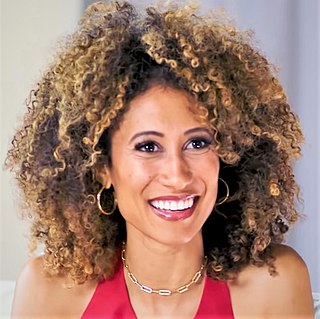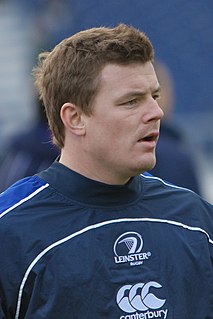A Quote by I. M. Pei
I've been active all my life. In 1990 I retired from my firm, I.M. Pei & Partners, and for two years I didn't do much. Then I started to get kind of antsy, so I decided, I'm going to do some more work. And I chose to do work outside the U.S. because I've spent 45 years here and I wanted to learn more about what's happening in the rest of the world.
Related Quotes
There have been moments when I was on a modeling job, and it was the most fantastic thing in the world. And there have been moments where I've realized, 'Okay, I'm ten years old, and I've spent the past six hours outside in the rain.' It taught me how to be specific about what kinds of projects I wanted to do and what kind of work I wanted to do.
There are stages in bread-making quite similar to the stages of writing. You begin with something shapeless, which sticks to your fingers, a kind of paste. Gradually that paste becomes more and more firm. Then there comes a point when it turns rubbery. Finally, you sense that the yeast has begun to do its work: the dough is alive. Then all you have to do is let it rest. But in the case of a book the work may take ten years.
That's kind of the nature of the profession I'm in. It's frustrating. Things don't go your way, and I was no exception, in that I spent many years struggling to get work, and there are a lot of people more talented than myself who got jobs before me. And I finally, after years and years and years, got lucky.
What modeling taught me at a young age was how to say "no," which is something girls - we're not always good at saying "no." We want to be nice, and then we forget to look out for ourselves. There have been moments when I was on a modeling job, and it was the most fantastic thing in the world. And there have been moments where I've realized, "Okay, I'm ten years old, and I've spent the past six hours outside in the rain." It taught me how to be specific about what kinds of projects I wanted to do, and what kind of work I wanted to do.
There has to be some more regulation. But our kids have this incredible buffet of they can work in genomics, they can work in pre-omics, or they can work in robotics, or they can work in this, or they can work in that. And within the next five years there will be entirely new industries that come out of nowhere that kids are working in that would have been inconceivable when they started college. Not when we started college.
Nothing changed in my life since I work all the time," Pamuk said then. "I've spent 30 years writing fiction. For the first 10 years I worried about money and no one asked me how much money I made. The second decade I spent money and no one was asking me about that. And I've spent the last 10 years with everyone expecting to hear how I spend the money, which I will not do.
There are innumerable writing problems in an extended work. One book took a little more than six years. You, the writer, change in six years. The life around you changes. Your family changes. They grow up. They move away. The world is changing. You're also learning more about the subject. By the time you're writing the last chapters of the book, you know much more than you did when you started at the beginning.







































